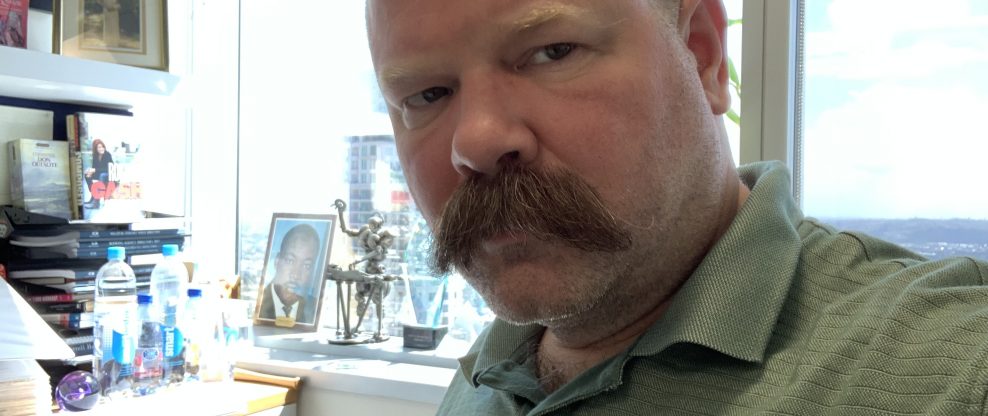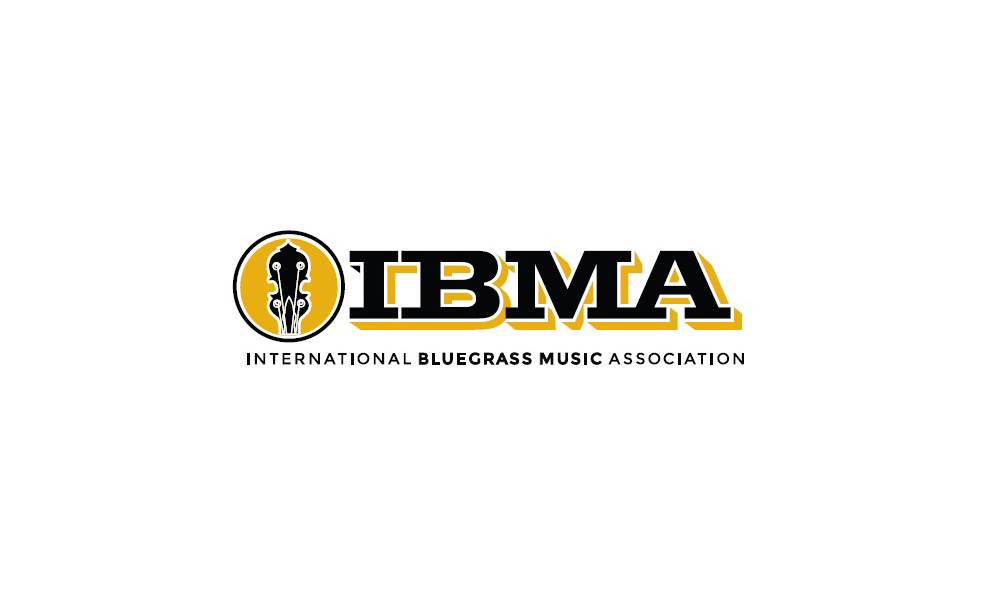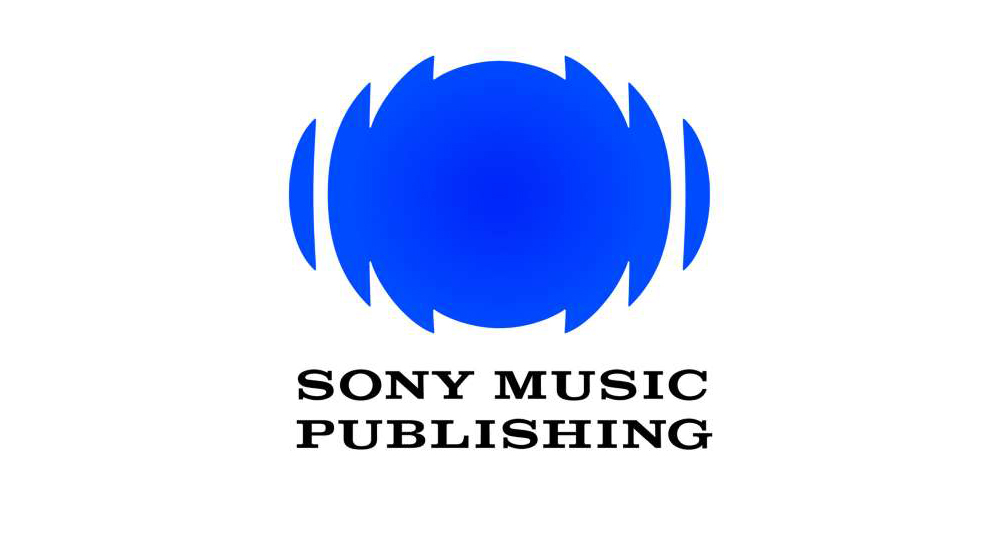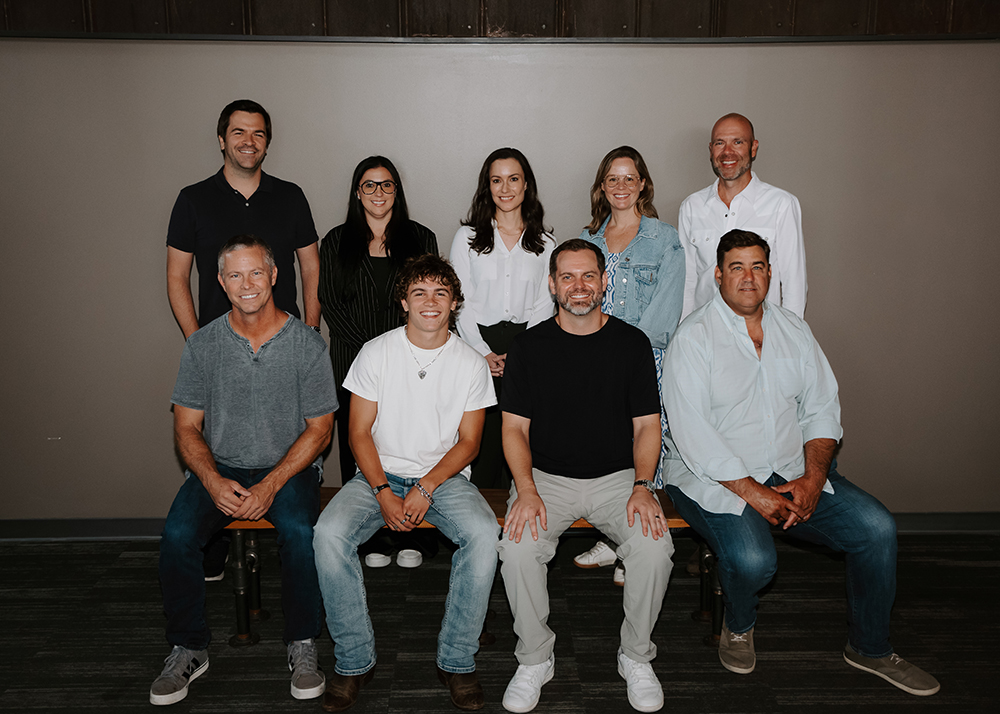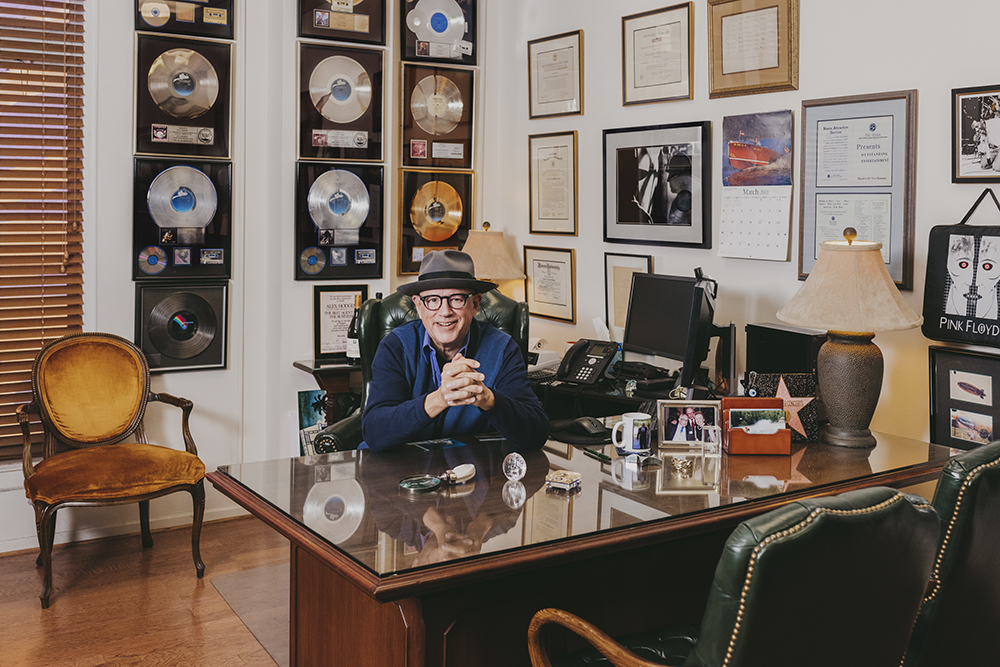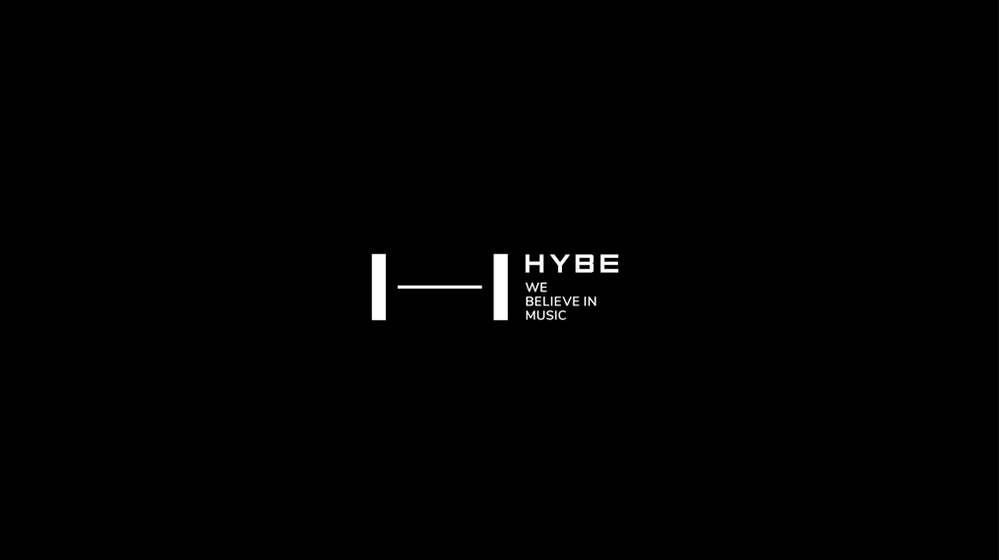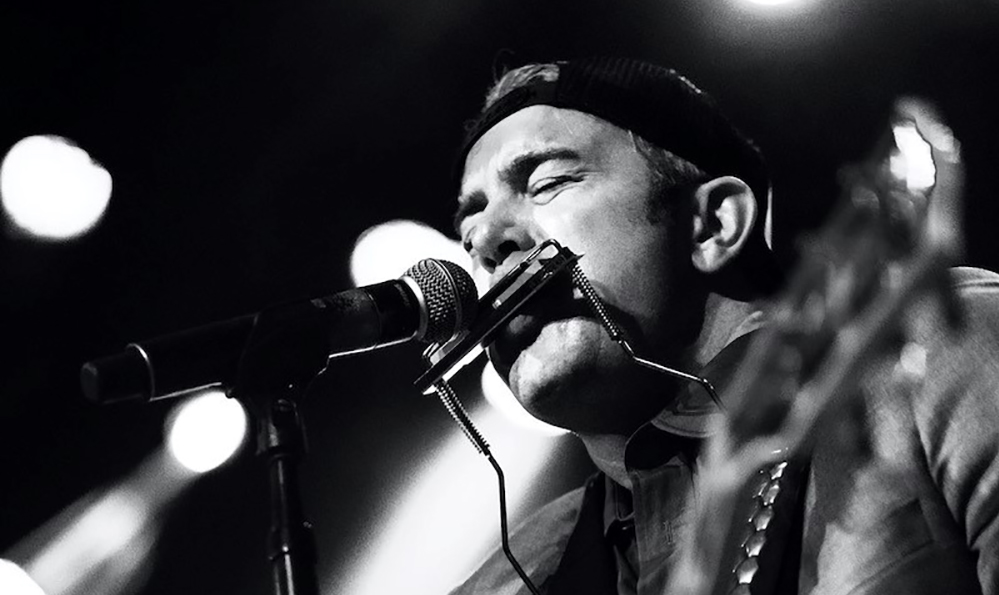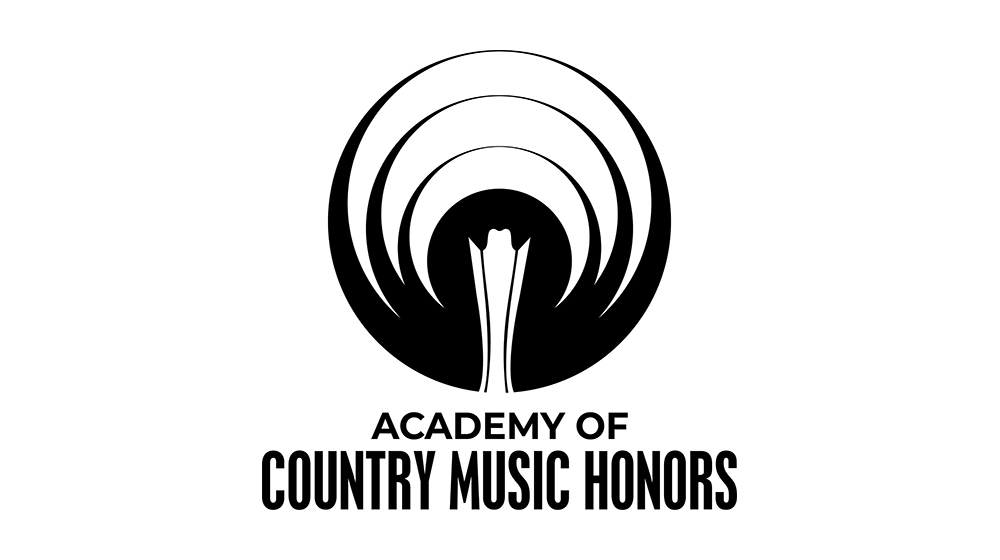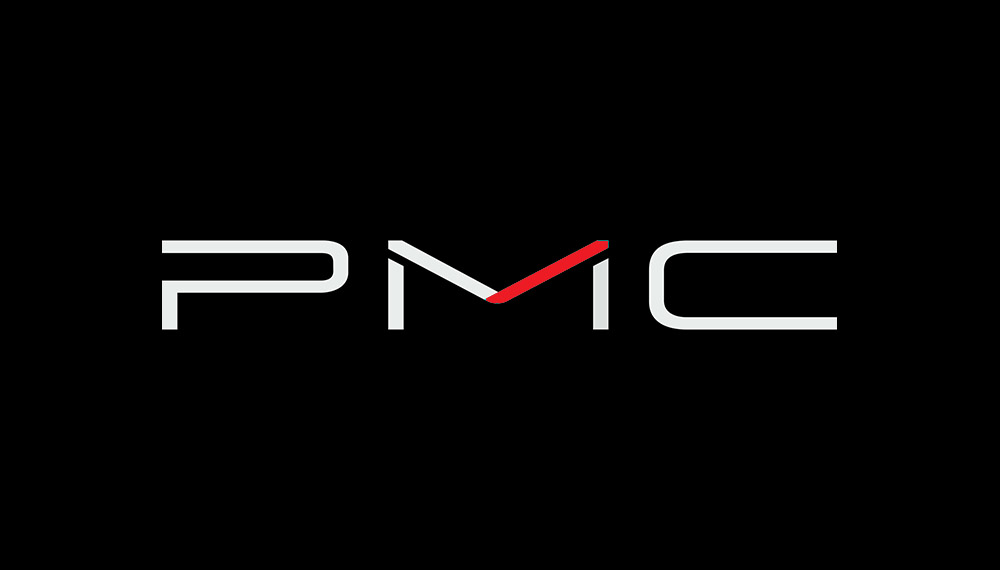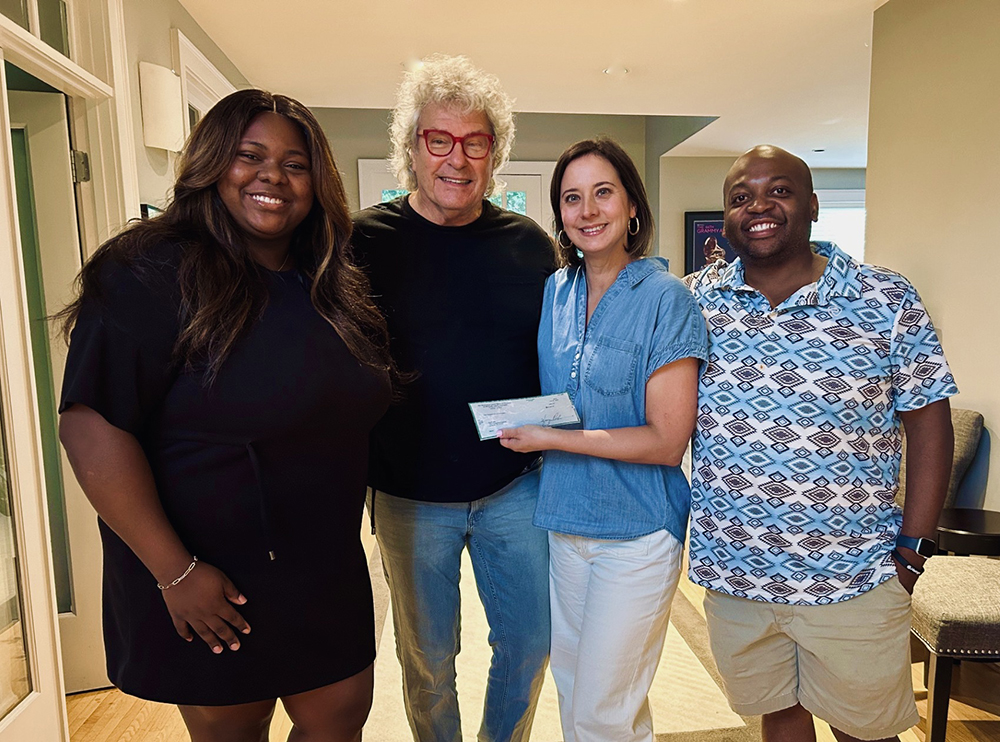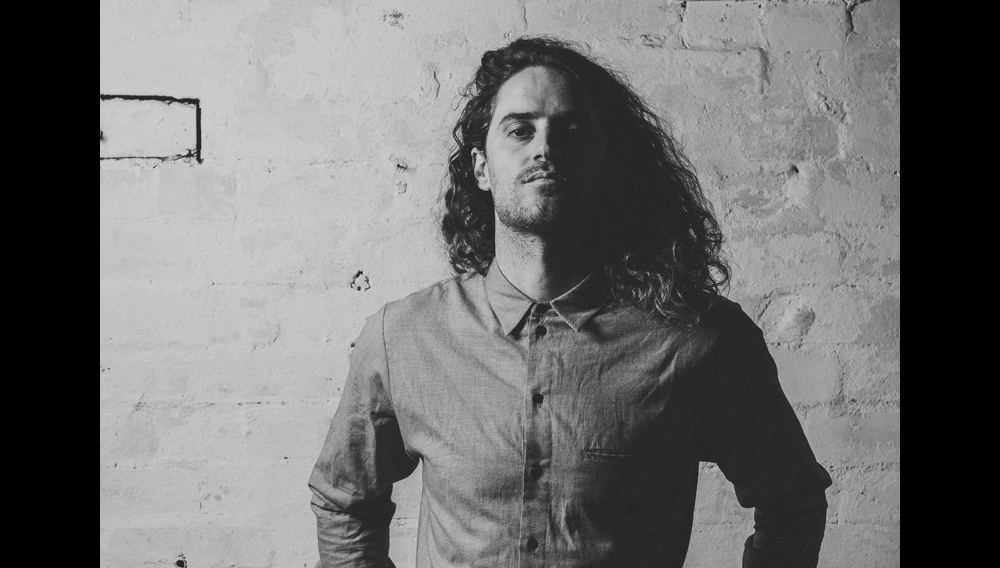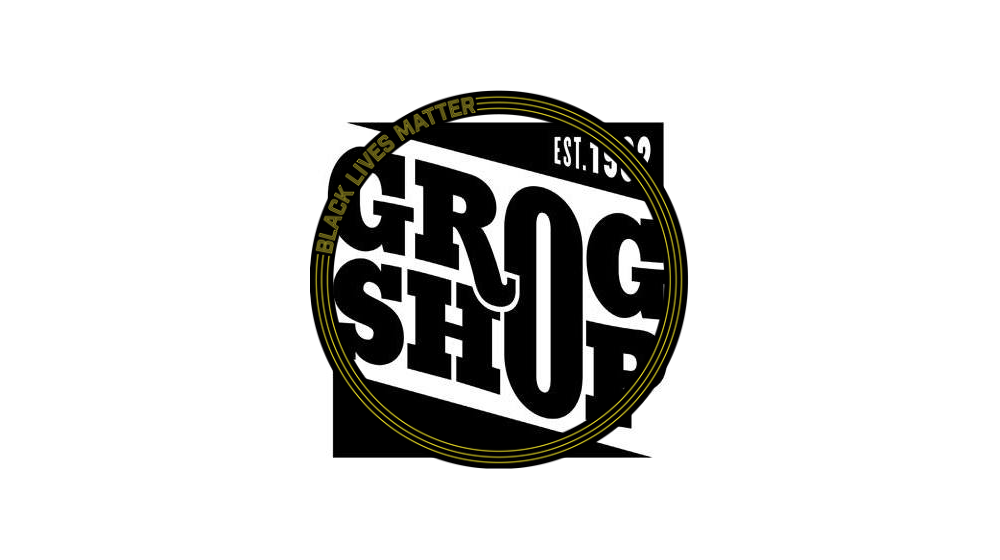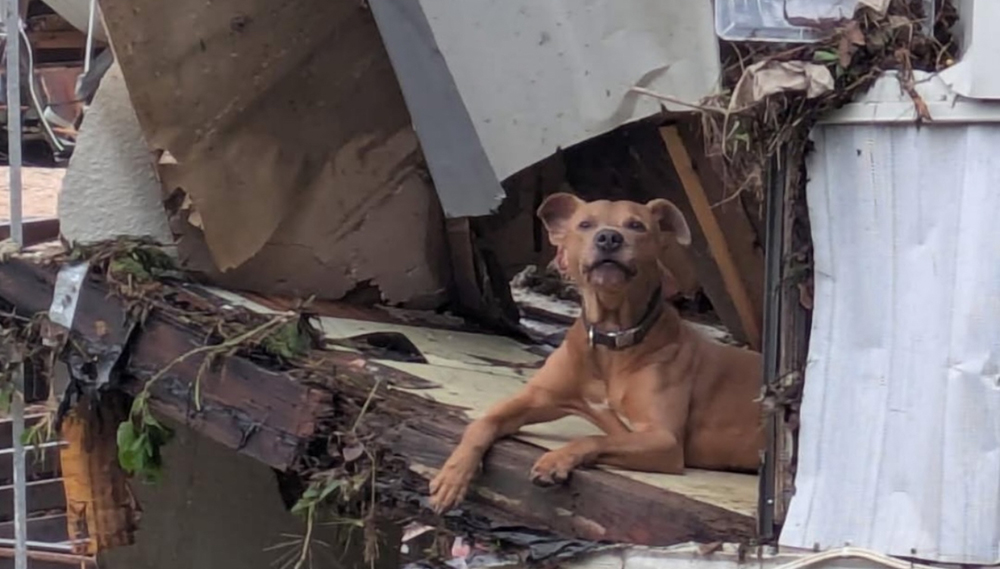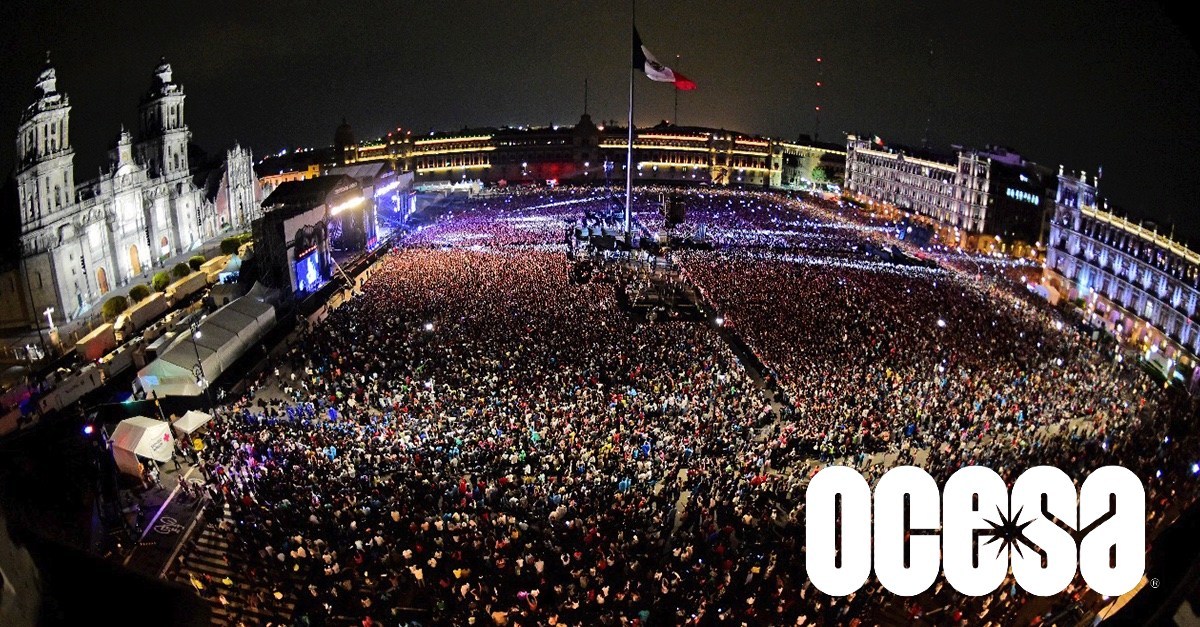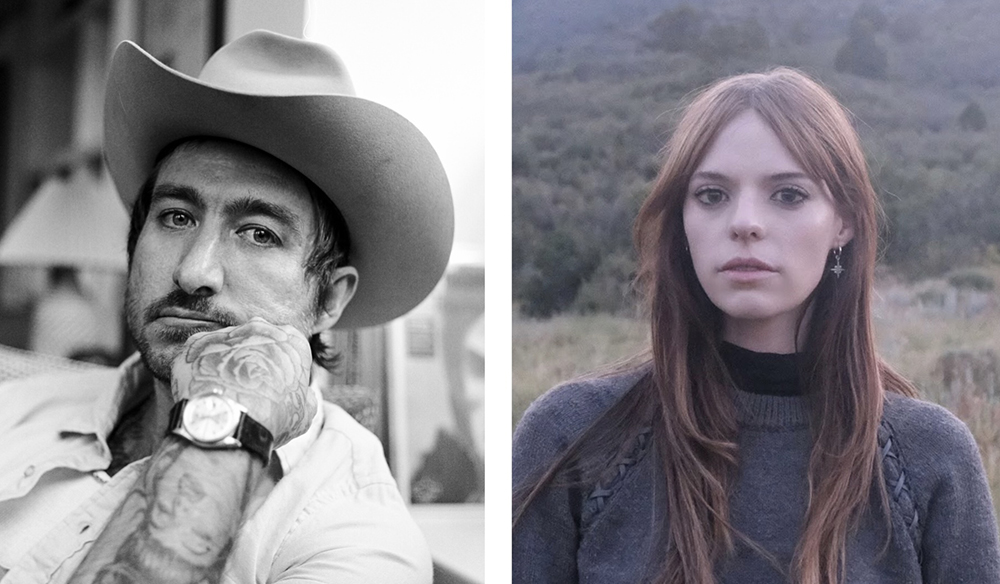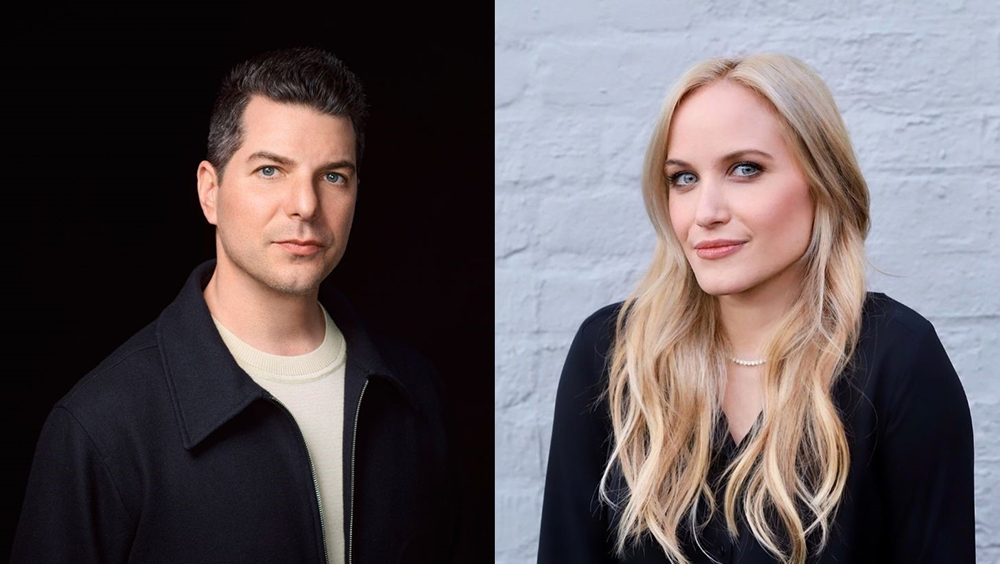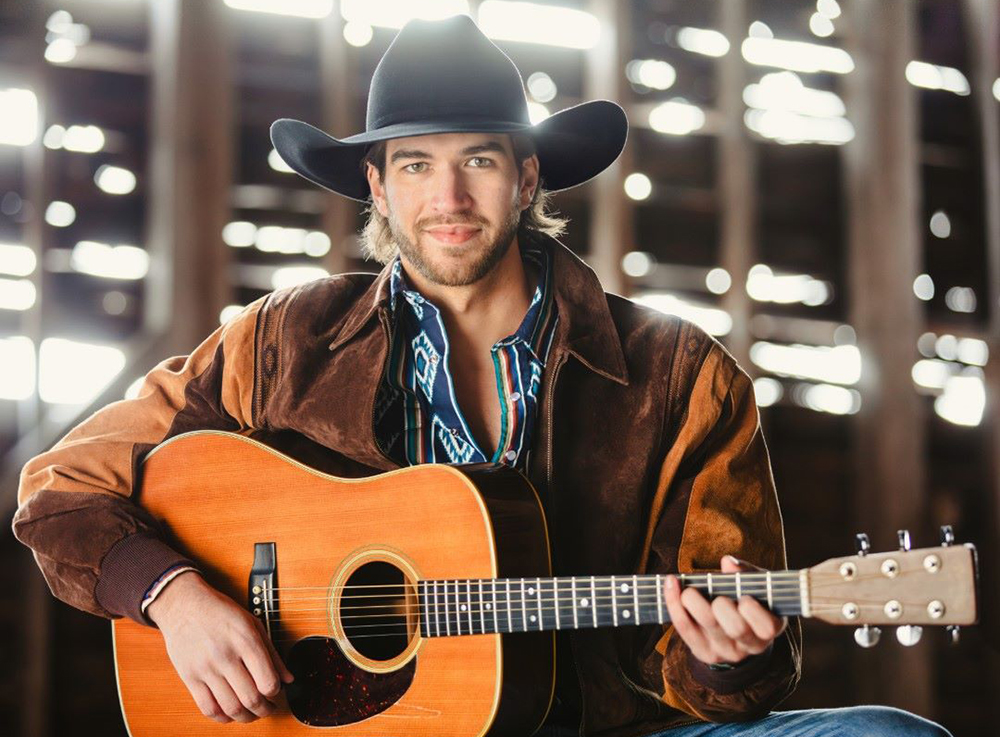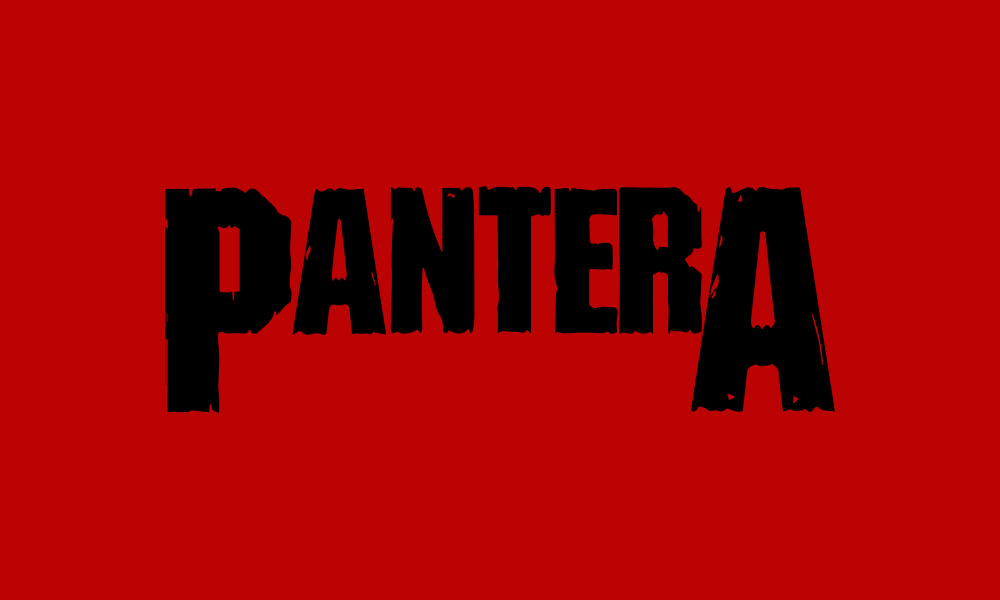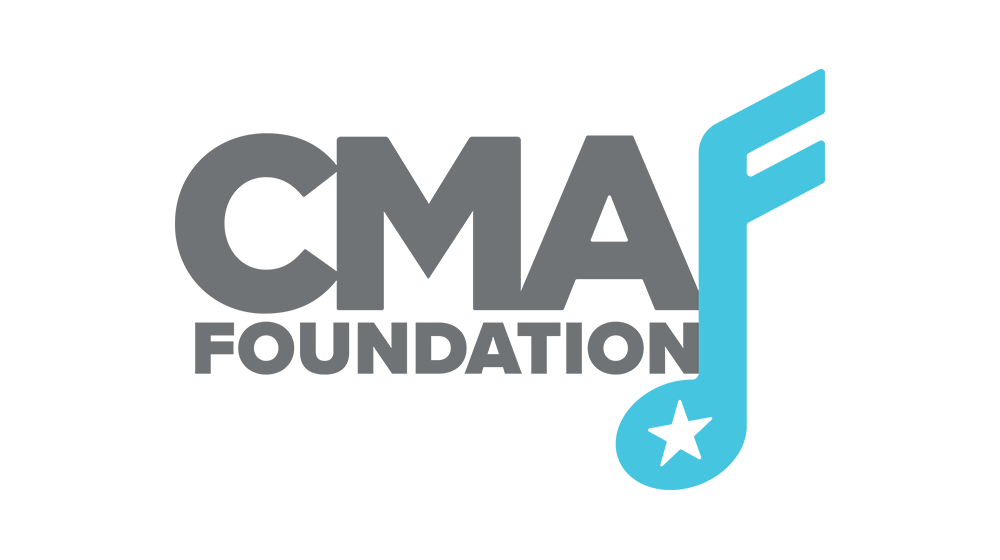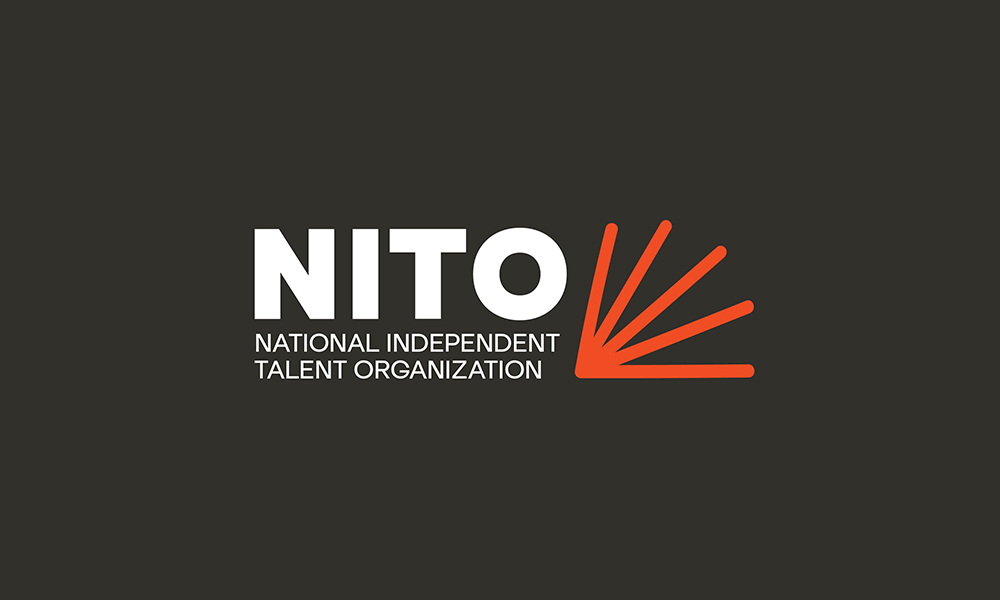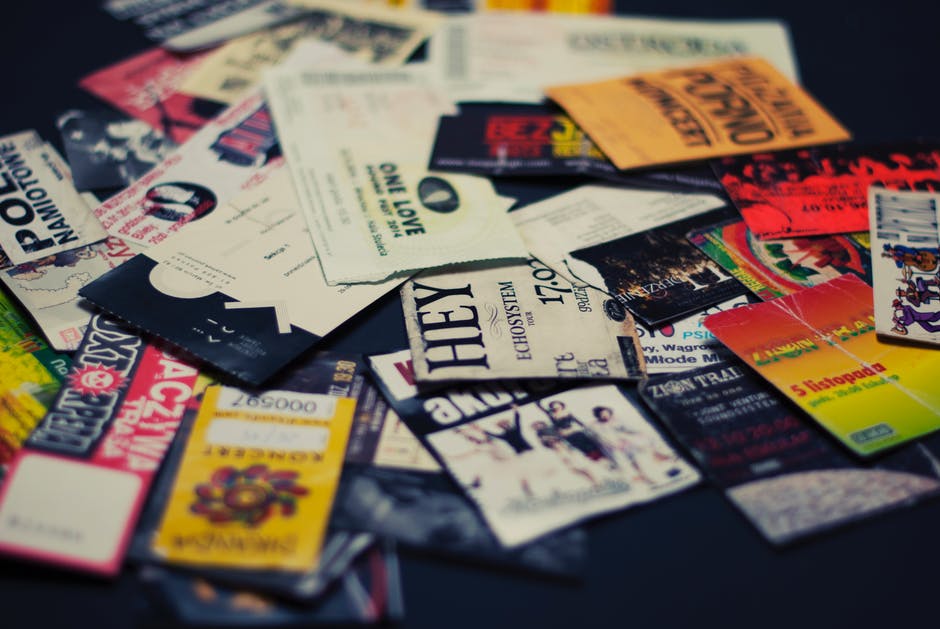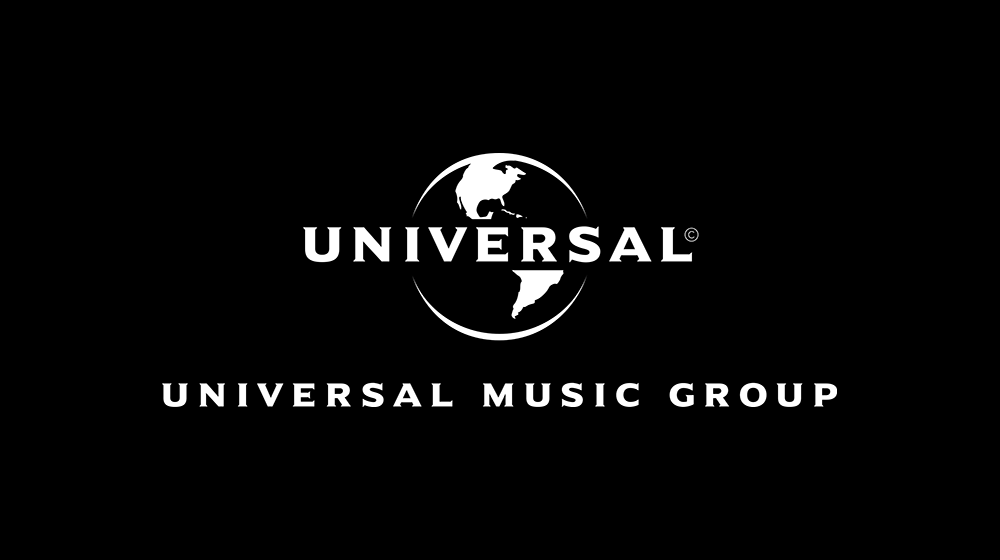This week In the Hot Seat with Larry LeBlanc: Rick Farrell, agent, ICM Partners.
Following several consecutive tough years, the global touring industry began taking a hard look at its basic business model a decade ago which led to numerous extensive internal restructurings, and many boutique agencies merging with larger agencies.
ICM Partners, formed in 1975 through the merger of Creative Management Associates and International Famous Agency, began a major shift nearly two decades ago, recognizing that a change was needed in the face of the touring business contracting, and consolidating, as well as seeing the lessened role of the major record labels.
In seeking to broaden its client base, ICM expanded into comedy and adult contemporary and, in turn, welcomed Rick Farrell to its adult contemporary department in Los Angeles in 2000.
ICM Partners is a full-service agency with offices in Los Angeles, New York, Washington D.C., and London, representing clients in the fields of motion pictures, television, music, publishing, live performance, branded entertainment, and new media.
Farrell is the responsible ICM agent for Brian Culbertson, Steve Tyrell, John Tesh, Jeff Goldblum & the Mildred Snitzer Orchestra, the Righteous Brothers, Vicki Lawrence, Tony Orlando, Engelbert Humperdinck, and David Luning.
He also oversees bookings of ICM’s adult contemporary client roster on the West Coast.
Farrell started his booking agency career in Los Angeles as an assistant at APA (1996-1997) followed by MPI as an agent (1998-1999), before joining ICM.
Born and raised in Los Angeles, Farrell has a bachelor’s degree from local Loyola Marymount University in Business Administration.
He is married to fellow ICM agent Chyna Chuan.
You once famously said: “My job is to balance greed with reality. On one side is the artist; on the other, the promoter.”
The quote is pretty close. “I mediate between greed and reality.” That was the end of the quote. My feeling is that there is greed and reality on both sides, and you have to find a happy medium. A deal that makes sense for everybody. Obviously, I am trying to maximize what my artist makes, but you have to leave a little meat on the bone so that the promoter wants to do it (book a show) again, and the promoter has some success too.
Traditionally, the strategy for many artists has been to grab as much of what’s on the table as they can while many promoters would squeeze out the last dollar from the booking fee and ancillary services. Artists sought to get the biggest buck out of the market. In some cases agents would go back to their clients, and say, “I know you want this amount. You will not get this, and if you do, this promoter won’t likely survive long.”
Yeah, and you have these offers that come in, and maybe they are on the higher side, and you get an artist that has flexibility, but you get him a $30,000 offer, and you really need to support it to make it make sense. That is when I will call a promoter that I know who is willing to take a chance and say, “Look I really need $22,500 to go with this. If you can give me this date right next to it, and it is something that routes, this is your chance to get the deal.” And sometimes you are approaching people with the real bottom number, and saying “If you can’t hit this number then don’t waste anybody’s time; but if you can, and if you are interested…,” and sometimes that’s when things come out of the woodwork. Or you will be sitting on a low TBA (to be announced) offer for a long time, and then you get something else in the region that gives you that anchor money, and you are able to make that other thing make sense. You have to approach the artists as looking at the weekend, but get it as an overall deal as opposed to the individual fee on each date. We are really good at talking to management, and figuring out what their “nut” is, whether it be for the weekend or for the week.
You take the risk out over 4 dates, but artists generally hate cross-collateralization
Cross-collateralize the profitability between all of the dates.
In a sense that’s really what you are doing anyway with a 4-date strategy.
In a sense, but in some of these instances, maybe, we have a casino anchored here, and then we are trying to fill it which is when you can call a promoter who has more flexibility on dates and markets and see whether they are interested. So you can call them, and say, “I have a shot right here. I have a date in Santa Barbara for this artist, and I need something in the area. You got anything? Perhaps San Diego, a bigger show?” It opens the door to a lot of different options. You can work with a promoter to find out what market they are most interested in, and which one they think is going to work, and if it’s (the date is) free and it routes, that could be the opportunity to grab it.
A venue booker quoting you a “house nut” without breaking down costs will be frustrating. At the very least they should provide an estimate of their costs.
Yeah. That’s really frustrating.
As we both know out of pockets costs is where many promoters have tried to boost their profitability on shows.
And if you have a show that is clearly different, like a stand-up comedy show where the expenses have got to be different, sometimes you can get around that. Or if the act is strong enough, sometimes you can force the issue just to be competitive. But some of these companies, they play the hard line of the “house nut” being what it is, and so you just have to decide if you want to use that building or find an alternative.
How did you come to be the old guy at ICM Partners? You have been there 19 years. When you arrived there were only 300 agents. ICM has over 600 agents now?
Yeah, and it’s amazing to see the evolution. When I first started here I was only 29 years old. I was the young guy, and 19 years later now, I’m one of the older guys for sure.
And you have assistants who’ve gone onto great things, like Mike Hayes who signed Courtney Love, Primal Scream, and played a hand in helping reunite the Libertines and RIDE.
Yeah, Mike Hayes. Matt Regan had just gone over to UTA. And there are some other success stories. It’s been an interesting ride watching the roster develop. From really a small page to now over two pages, and some of these great acts.
ICM used to be known largely for having Rush and Guns N’ Roses on its books.
When I started in 2000 all those guys (artists) were gone. (Agents) Bill Elson had left and Andy Somers had gone, and it was really in a rebuilding stage.
ICM partner Steve Levine restructured the company.
Exactly.
He pushed ICM into adult contemporary (AC), and comedy.
Exactly. That is when I started. It was during that restructuring, and it was all AC and comedy. Steve was such a great mentor to me. He taught me a lot that I didn’t know from the other companies I had worked at. I was cutting flat deals on every show that I booked back when I was at MPI because the artists were soft ticket artists for the most part. So I didn’t even know what the backend deals were. He brought me in and walked me through all of that.
You work alongside Andrea Johnson who began as an assistant with the ICM subsidiary ICM Artists (from 2001-2003) and at ICM-affiliated Opus 3 Artists (2003-2007).
Then she went over to The Agency Group (for a 7-year run, 2007-2014) and has been here for the past 5 years. I have to say she is just brilliant. I love her as a friend, but she’s also one of the smartest people that I know. She sees the big picture. She can talk a mean game, and she can book a mean tour. She can do it all.
Her work in supporting 2Cellos, Piano Guys, and the 10-piece a cappella group Straight No Chaser has been faultless. She was one of the first to understand and take advantage of the PBS system
Straight No Chaser, yeah. It’s the same manager as with Brian Culbertson
That’s WORKS Entertainment’s David Britz.
And he works with (his partner) Luke Pierce (on Brian Culbertson). They are so hands on. It is just an incredible working relationship because we are friends, and we have fun working together. They focus a lot, and they make sure to keep doing things, aside from asking for me to do things. A lot of managers, you wonder what they are doing to increase the exposure and the scope of their artists. They really focus and take it seriously. They make sure that the artist continues evolving, and are doing a different show every tour, as opposed to doing the same thing. They are really hands-on, and a great partner.
(WORKS Entertainment’s David Britz and his partner Luke Pierce co-manage Brass Against the Machine and, with Faculty Management, co-manage 98 Degrees, and Home Free (which Pierce runs point on). Pierce also works with Striking Matches. Britz handles Straight No Chaser, Morgan James, and Jon McLaughlin).
While you are responsible for your own client list, given your long history in the region, you are involved with other ICM clients being booked on the West Coast?
We’ve got our Adult Contemporary department that has geographic regions where each agent is responsible for a territory; and, then, in our Contemporary Rock department, the agents are more responsible for their clients. They do have a bit of a geographic territory system, but primarily they are running point, and doing as much as they can on their own. So the Adult Contemporary department relies on the territory system, and (veteran ICM agent) Scott Pang will say, “I’ve got this thing coming from Arizona, and I’m handing it off to you.” Then I have to pick it up from there. So we are in constant communication.
So you would be overseeing West Coast bookings for Kris Kristofferson and others?
Yeah, absolutely. Booking the whole adult contemporary list whether I am the RA (responsible agent) or not. We are all pulling in the same direction.
Are we in a healthy touring climate? Certainly, artist fees and guarantees have shot up, but newer acts are increasingly having difficulty breaking through.
Yeah, I agree. It is a really healthy, robust market though. Money is bigger than ever. People are raising their prices, but developing a new act is really hard. Outside of the mainstream. hip hop tends to break through and rolls early, but I have a developing Americana artist with whom I am working with, and it’s a really unclear path how to go, and where to develop it. I really believe in this kid.
What’s his name?
His name is David Luning. He put out his album (“Restless”) on Blue Rose Music a couple of years ago, and it is brilliant. He’s now finishing his next one, but it feels like ancient history, from 2017 to now. He’s put out a couple of singles here and there, but it’s just a really tough road to figure out.
The same with the adult contemporary field where few artists have emerged. Straight No Chaser, Piano Guys, 2Cellos, and then who?
Yeah, and those were from a lot of YouTube discoveries, yeah.
The adult contemporary field you work in is a field the industry doesn’t know a lot about.
Right.
Agents, managers, and promoters put so much focus on pop, hip hop, and even country. Even the PAC (performing arts center) world has gone through its own musical shake-ups in recent years. For decades PACs would book shows directly often risking a loss which was sometimes underwritten by sponsorship or endowments. That has since evolved into them doing co-promotes with outside promoters or offering rentals. Now full-service performing arts centers are more competitive with other promoters in their region. It’s totally different from what it was.
Yeah, it used to be that you were booking 12 to 18 months out, and when they wrapped their season, and they put out their brochure, a lot of these guys wouldn’t spend any more money for the next year. So they’d miss opportunities to buy stuff in the short term. I think that they pivoted, and have been able to understand that strategy is not a sustainable model when they want to get newer blood into these theatres. So a lot of these places do multiple brochures in a year. They will save some money off of the programming budget so they can add something later when the opportunity eventually arises. They will open themselves up to rentals. And some hadn’t done that before, but they’ve realized that it doesn’t necessarily compete with their other shows. So I think that they have had to evolve as well.
Also, they have had to expand musically. At one time their season consisted of symphonies, jazz, adult contemporary, and dance bookings, and a bit of worldbeat. Nowadays I’m surprised by some of the acts going through PACs which are being competitive with commercial promoters in their marketplaces. PACs these days will make offers as competitive as any commercial promoter out there.
Yeah, absolutely. The loss leaders, like the dance and some of the other fine arts things, still need something else to make up for the shortfalls. They are doing things that aren’t necessarily mission-driven, but if the mission is to help foster these other arts, you need to have these other tent poles to hold them up.
They need financial support from a foundation or patrons or the local municipality in order to do these other things.
Yes.
A lot of that foundation and patron support has gone by the wayside. So it’s difficult taking a symphony program to a lot of markets today.
Yeah, it is something where you need to get a local orchestra, and it adds a lot of costs, and it has to be the right property. It can be difficult touring big bands. I wonder how these guys make any money. The costs of everything have gone up. In some cases, ticket prices have gone up too, but you are hitting an old clientele with a big band. They have limited incomes. There’s only so much that you can squeeze out of it.
Last year, I saw the Glenn Miller Orchestra, which continually tours. It’s a self-contained group with a music director, two vocalists (who perform individually and as part of The Moonlight Serenaders vocal group), 5 saxophone players, 4 trumpeters, 4 trombonists, and 3 rhythm musicians (piano, bass, and drums). I kept thinking, how can they tour with a band of this size?
Yeah with 25 people on the road.
(Formed in 1956, the present Glenn Miller Orchestra plays an average of 300 dates a year. Nick Hilscher, the current band director, also serves as male vocalist. The Glenn Miller Orchestra is owned and operated by Glenn Miller Productions, Inc., under license from the Miller Estate.)
Many PAC dates are booked as part of a subscription series. That aspect of the business slightly waned a decade ago as the recession slammed arts and cultural organizations. Still, symphony programs, touring Broadway shows, and major artist attractions are still on subscription.
A lot of these places still have a subscription base. They put together their brochure with what they are offering. It might not even be a physical brochure anymore. They have developed loyal clients who really help bolster the overall sales from the gate, and they give them that exclusive window, maybe, for a month or two that they offer activities to subscribers. It limits the marketing expenditure because they just plug in the season into their typical distribution list before it goes on sale to the public, and they really spend only a single dollar outside of their brochure costs, and then sometimes you see maybe 25% of the house sold. I recently had the Righteous Brothers at 100% of the house sold before it went on sale to the public. So we added a second show knowing how strong it was. So subscription is still alive and well in the right places that you can identify.
Subscription sales take away possible risks.
Yes, absolutely. Then they will roll out and add new things. They will put out a brochure quarterly, and the subscribers will have a couple days presale along with the artist’s fan club. So they still feel like they are still getting some value by being a subscriber because they are offered something before the public. It’s a shorter window, but they still can, with their structure, offer additional shows after the season subscription has been announced. So the flexibility of these PACs now, learning how to compete, has really evolved them into being a great partner in a lot of ways.
With recording incomes virtually disappearing, and with music publishing revenues in flux artists now continually seek out ancillary income sources like VIP backstage meet-and-greets. Income untouched by labels and booking agents. However many venues feel they deserve a percentage cut because they are arranging for staff, security, a room, and cleanup. Just because full-service PACs are often operated by nonprofit groups doesn’t mean the venues will provide such services for free.
It can be contentious. What I have seen starting to become a little bit of an industry-standard is that they (promoters) say that they need the merch rate applied to the VIP, and some artists are willing to do that, and some aren’t. It depends on how much they have to spend themselves in order to do a meet-and-greet. If they are giving them product. If they are staffing it themselves, and the venue doesn’t have to do much, then we’ve got to have a better taste.
Merch rates can run as high as 25%
It varies from 10% to 25%, yes. So in a lot of cases, I seeing people asking for an 85:15 split on this. Because they have to pay tax on the mark-up so that they are not going to eat it. And then they are taking the rest for expenses for staffing and potential cleanup.
Ask for merch and VIP splits? Let’s talk about popcorn and food splits for artists.
(Laughing) That’s the unspoken thing. This (VIP) is something the artist participates in. The VIP monies, the agencies don’t commission. So it’s not like we are making extra money. We’re helping our artist to become profitable. We do it as a service for our clients to maximize their earnings.
Meanwhile, Michael Dorf was one of the first to understand the potential of the AC and jazz markets with the business model of City Winery when he opened that original club in Hudson Square, New York City in 2008. He recognized that there is an older audience willing to pay a steeper price for a show in an intimate venue setting.
The Winery’s concept has since been broadly copied throughout North America opening up opportunities for adult contemporary and jazz artists. City Winery recently opened its newest location in Philadelphia with opening weekend performances by Emmylou Harris, and Josh Ritter.
Yeah, and it gives a great platform for some of these artists that aren’t getting picked up by the major promoters. Ones that are willing to be flexible and, maybe, have a smaller configuration, and then they play in a 300-seater and, maybe, do multiple nights. I’ve done that with some of our artists too. I didn’t imagine Kris Kristofferson would like to do something like that, but we found that he did, and he’s enjoyed it. He did multiples in some City Wineries. Art Garfunkel has done multiples in some City Wineries. He enjoyed those too. I think there’s a little apprehension with the artists until they try it, and if they have a good experience and they feel taken care of, then they are more open to it these days.
(Since City Winery’s inception in 2008, Michael Dorf has expanded the company to 6 cities which now also includes Chicago, Nashville, Atlanta, Boston, Washington, D.C. and recently added Philadelphia’s 300-capacity venue, located in Philly’s Fashion District Philadelphia mall. While City Winery is a concert venue as well as a restaurant, it is also a fully functioning winery.)
Artists once had a balance in their careers of revenue streams from live, from recording, and from music publishing if they wrote their own songs. In truth, artists only usually made money from recording if they got past their third album, but there was label tour support. Those income streams have been disrupted, and dwindled; not only impacting pop, rock, country and hip-hop artists but also Americana, folk, adult contemporary, and jazz artists as well. So there’s greater emphasis today on live. Has that dramatic revenue shift encouraged artists to be more open to opportunities they might not have considered 5 or 10 years ago.
Yes, and they are also trying to create additional revenue streams; whether they be VIP meet-and-greets; sometimes the album bundle that everybody hates; and maximizing the merch rate and other things that they know that at the end of the year are going to help them have a better overall year. And when it comes to touring, if they are a weekend warrior artist, and they are going out for 3 or 4 days and then going back home, they kind of figure out what their nut is going to be for the week, and they can be flexible in taking that third or fourth date. But still, if they are doing one or two offs, they have their hard costs. So there’s a threshold that they have to cross in order to make it profitable. Some artists are flexible in those situations, and then when you get into a bus and truck situation, instead of having a night off in a hotel room, you are trying to put together whatever deal makes sense so they are not paying money out. So the bus and truck thing in the adult contemporary world isn’t as prevalent, and in the jazz world it’s not as prevalent. I work with Brian Culbertson who has really come on in the last 5 years that I have been working with him.
A great jazz musician.
Yes and he’s developed from doing the weekend warrior and festival stuff to doing a bus and truck tour. We putting one together a national tour for the Spring of 2020 right now. Brian did one in 2018, and he did like 70 markets in three months, and contiguous for the bus and trucks carrying all of the gear making sure the quality of the performance was there. Even carried a grand piano on the road on that tour. I had some promoters, and other artists tell me what a great job that they saw with his tour schedule. They hadn’t seen a jazz tour schedule like that in decades. It is kind of unheard of in that genre
Was that working with a lot of independent promoters?
It’s all over the board. From PACs to some dates with AEG, and we had some with Live Nation, and indie promoters too.
Is there still a viable network of independent promoters out there? So many boutique agencies have been bought up in recent years by Live Nation. Is there still a healthy patchwork of independent promoters?
There are, and there are some players that pop up. What ends up happening is it’s like Whac-A-Mole. These guys get picked up by Live Nation and then, maybe, their business model changes, but they are still trying to get as much market share as possible. Like my dear friend Dan Steinberg. His company Emporium Presents was bought out (by purchasing a majority stake) by Live Nation (in 2018), but he is still operating in a very similar way in what he was doing before, except that he’s now got massive scale and backing behind him.
You and Steve Levine went to bat early on for Dan on a bunch of artists. As Kathy Griffin was blowing up on “Life On The D List,” you two got him a date in Portland which led to dates in other markets while Kathy’s career was exploding. Soon Dan was putting together runs where he would fly into Boise on a Wednesday, Salt Lake City on a Thursday, Denver on Friday, and finish up in Albuquerque.
It’s monumental to spot a newbie promoter who can develop into a major player. “I’d like to help him, but is this going to work out?” As Terry Rhodes, who was then co-helming ICM’s adult contemporary music division with Steve, told you that if it doesn’t work out, it’s like a……
“Cow pissing on a flat rock. It’s a mess.”
You do have to wonder in taking a chance, “Am I going to get stung or hurt here with my belief in this new person?” Or “The kid seems to be together, but does he have deep pockets to sustain a string of losses?”
Yeah, it is definitely a bit of trust and the rapport that you develop. The few shows that I did with him (Dan) were on a smaller scale before that. It was early 2000, and he came into the office with his wife for a visit. I could tell that this guy was really on the ball; that he was aggressive, and that he wanted to do some things. And there are some of these acts that or even some markets that the major promoters aren’t going for. Like Kathy Griffin. Sure, they want to do L.A. and San Francisco, but Stockton and Spokane were on the table.
That dynamic is no longer true with both Live Nation and AEG since drilling down deeper into secondary and tertiary markets.
Absolutely. For the right acts. If there’s something that they feel is more of a risk, and that they don’t have experience with, they really want to steer it to their own buildings. If you are asking them to rent a place in a market where they don’t control the building it’s a tougher row to hoe.
They’d rather throw the date out to an affiliated promoter like Dan.
Yes.
It depends on the genre too. Americana and jazz aren’t as widely supported by major promoters.
Yeah. You have to be that exceptional artist to break through if you are in jazz. We’ve got Brian Culbertson on this upcoming tour playing The Wiltern with Live Nation and it was just backdooring our way through it by contact with The Wave (Urban Adult Contemporary radio 94.7 The Wave) that have promoted a bunch of shows in the area; just not L.A. proper. Getting them to agree that they’d be on board, and help to promote the show. When Brian was in town most recently he connected with (Urban Adult Contemporary radio station) KJLH and they said “If you have something coming up we’d like to be on board too.” So we took that to Live Nation, and said, “I know that this is an unknown in this market because we typically play Orange County over L.A., but he wants to play this market.” We identified The Wiltern (1,850 capacity) as being the right place, and we brought these radio partners to the table before they made the offer. and it made all of the things fall into place.
Despite the number of PACs out there, and despite the additional performance venues added over the years, routing remains an issue with AC and jazz acts; whereas with major pop, rock, or hip-hop acts a major promoter may jump in to oversee a national or regional tour. With many acts in niché genres, even if they are great, as an agent you have to seek out opportunities, and you have to look for them pretty far out too.
That’s the key. With Brian Culbertson, we started booking this upcoming tour in April 2019. Booking the tour that is not going to start until April 2020. So we started getting all of these buildings on hold. Mapping things out. We knew that we had a few festivals in the mix that were going to be hard dates that we knew we had to work around. So you work geographically from there. We are going across the country twice– east to west then back to east–because we need to make some festival dates work, but we are just routing back through these markets. We are 99% of the way done now, but this is a job that started back in April. So the more lead time you have, the more availability you will be able to get, but if you are booking three or four months out, all of a sudden the venues that you want just aren’t there or they can’t move quickly enough to make something work.
This is where relationships come into play. Take the scenario of a promoter who first booked the artist because he believed in him, and booked his early shows. Along comes a national promoter who now wants to book the artist. What do you do? Do you stay with someone who came to the party with you or go with a bigger promoter who might do three or four dates or even a national tour, and then stop working with the artist if things don’t work out?
That’s always the question, and it’s a tough one. It’s a tough one.
History should matter. Does it?
History does matter, and the people with history get the first call, and they do get the opportunity to make the offer. Now sometimes you do open it up, and bring in offers from others, and make the artist aware what other people are going to pay. Sometimes it does turn into a bidding war. That is something the promoters have to decide if they want to participate in or say, “Here’s my best offer. If you go to the other guy, I don’t think that it’s going to make sense.” Or they’ll say, “If you try to get this deal, I don’t think that it’s going to make financial sense for me, so I am out.” And sometimes the artist will decide to go with the bigger offer. It all is part of a dialogue that you have to sort out with that artist, and their manager about what they want to do. Sometimes I say “a nickel more,” and they will go in the other direction, but you keep everybody involved in the conversation and start with the person that has history.
But if the artist goes with the other promoter for a nickel more, and it doesn’t work out, if the artist wants to return to the first promoter that would be a tough conversation
I know.
You’d be the one saying, “I warned him.”
Ideally, going with the other promoter doesn’t do damage to the market because if the promotion isn’t done properly, and it goes into a building and just utterly fails or they end up papering, then you can’t really get back to that market too quickly. So you come back with your tail between your legs.
With a promoter who has worked with an artist several times in a market, they know what conditions work for that artist there. They know what’s going on.
Yeah, they understand how to reach the fans and who they are. Correct.
You have a number of heritage acts you directly represent including Tony Orlando, the Righteous Brothers, Engelbert Humperdinck, and Vicki Lawrence. Might promoters say, “Yes, I know the name and they are great, and they might have an audience, but I don’t know if this is right for us?”
If there’s ticket history that tells a positive story then most anybody is interested, but there are some of the acts that are primarily soft ticket artists than you just have to hunt out the right scenario, whether it be a protective PAC, a casino, a fair potentially or packaging up with the right other artists, and making the two of them get into a bigger building.
Vicki Lawrence’s profile bounces back and forth. She is best known for her role in the groundbreaking CBS comedy variety show, “The Carol Burnett Show.” She was also the central character of “Mama’s Family on NBC. She also starred in the short-lived Fox sitcom series “The Cool Kids” that recently ended. Things quite change in her career.
“Cool Kids” raised her profile. It got her name out there. Even though the show got cancelled after a year we are still seeing more of a demand for her in some of the casinos and PACs than there was before. So that was unexpected.
Casinos have been a life saver for many of these heritage acts.
Yeah. Really for adult contemporary acts too.
Casinos know that they can book the Righteous Brothers with only one remaining member, Bill Medley. His former partner Bobby Hatfield died in his hotel room in Kalamazoo, Michigan, on November 5th, 2003. People go to their shows to hear the duo’s incredible catalog of hits. Even a cover band can be a great evening because it’s all about memorable songs.
Yeah, and having a guy like Bill Medley or Otis Williams from the Temptations–no other group out there can use the group names–here is still value to that. The Righteous Brothers reformed back in 2016 and started up in 2017 with their touring. And that was kind of an unknown back then.
(In January 2016, Bill Medley announced he intended to revive the Righteous Brothers for the first time since 2003. The late Bobby Hatfield was replaced with singer Bucky Heard at Las Vegas’s Harrah’s Showroom for more than 40 shows from March 23, 2016, to November 8th. Medley has said that it was the encouragement of fans as well as several friends, producers, and contacts in Las Vegas that made him consider reviving the act. Medley was previously acquainted with Heard, and had watched him perform at a tribute concert to Journey.)
Bill had toured solo, but not as the Righteous Brothers for almost 14 years.
He was just doing some dates as Bill Medley.
He had solo success with a string of hits including “(I’ve Had) The Time of My Life,” “I Still Do,” “Til Your Memory’s Gone,” and “Most of All You.”
Yeah, when he found this other singer that he thought could really do the job and they had such a great connection he thought that he’d give it a go. David Cohen, his manager for the past 50 years or more, is still involved and he reached out. He knew that we were a great place for adult contemporary. I jumped at the chance to do it because I love the musical legacy and the name recognition is undeniable. So we started into it. They do a residency in Vegas at Harrah’s, and they do a lot of performing arts centers. They are also doing hard ticket dates for promoters. It took a little bit to get the ball rolling. Once we got some success under our belt, and people saw that it was working, then other people jumped on board.
Many times it comes about from developing relationships.
That’s why the Beatles said if we are going to tour America we’d like these guys with us, and the next year the Rolling Stones did the same.
(Formed in 1962, the Righteous Brothers are best known for their hit singles “You’ve Lost That Lovin’ Feelin’,” “Ebb Tide,” “Soul and Inspiration,” “Rock and Roll Heaven,” and “Unchained Melody.” First came their years on Moonglow Records with such local hits as “Little Latin Lupe Lu,” which Phil wrote, “My Babe,” “Let The Good Times Roll,” “Justine,” and “Koko Joe.”)
You met your wife Chyna Chuan at ICM Partners.
Yes, that’s right. We’ve been married 16 years now.
(Chyna Chuan has been in the entertainment business for three decades. She started as an assistant at ICM, and worked her way up to a concert agent, and ran the corporate/private division. She briefly left the agency to work as a creative liaison at Ginch Gonch, an underwear company in Vancouver. However, 5 months later the company folded. She has since operated her own businesses, Chyna Entertainment & Design and Chyna Photography.)
As an agent, she oversees corporate bookings at ICM?
She does corporate, that’s right. She used to book the West Coast at ICM before I started. When I took over and started calling people saying that I was the new guy they were all, “Where’s Chyna? We love her. How come we have you?” So that was a little bit of a hurdle to overcome, but it was all done in good fun. We worked together for a year here before we started dating. Had a really interesting engagement, and marriage. We weren’t really engaged. We were in Vegas, and we just went and got married.
Not at the Las Vegas Elvis Wedding Chapel I hope.
We were at Cupid’s Wedding Chapel
Which offers a range of services plus Elvis, James Brown and Johnny Cash stand-ins.
After that ceremony, my friend was in town tour managing Fishbone, and we went to a ska festival with him in the afternoon. We were in Vegas to cover Frankie Valli and the Four Seasons later that night at Orleans (Casino).
Was there a lot of drinking involved that day?
(Laughing) No, no there wasn’t. We were on the plane to Vegas on Friday night and she asked me, “While we are in Vegas do you want to get married?” And I said, “Yes.” Then a half-hour later, as we were landing, she said, “Are you serious?” And I said, “Yeah, I’m serious. Were you serious?” She said, “Yeah.” So we got our license that night. Not a drink had. Then the next day at 1 o’clock we got married. The crazy part was she didn’t want to tell anybody at work. I thought that now it was all legit we’d be open about it. She was like, “Oh no. We can’t tell people at work.” So we came back to Los Angeles, and we told everyone we got engaged. Then we had like a mock ceremony 14 months later just for public consumption. To be able to tell people that we were married. But we didn’t move in together for a year and a half after we got married.
Though married you two didn’t live together?
No.
Your parents took this well?
Well, my parents eloped when they were young. So I didn’t think that they’d have an issue with it. After we got married in Vegas we got back to the (hotel) room and I called my parents, and I told them. Then I gave Chyna the phone, and I said, “You call your parents.” She said, “We can’t tell my parents. We can’t tell my son. We can’t tell people at work.” I said, “Maybe, we should have talked about this before.”
She had a son?
Yes. When we got married he was 7. Now he’s 24.
For 18 months you remained the boyfriend?
Yeah, I was the boyfriend, but after the wedding, I did eventually adopt him, and I am his dad. There’s no question.
What were you thinking about in getting a B.A. degree from Loyola Marymount University in Business Administration?
I started out really unsure of what kind of degree I wanted to get. I was dabbling in social sciences, and taking things that I thought were interesting, like Asian philosophy and poetry. Then I realized that I needed to get serious and find something that would give me a career, and give me a foundation for a career. So I took a Legal Environment Business class, and I thought it was pretty daunting at the time. I didn’t know what it was going to be about. It was a lot of theory and conversation and open to interpretation. Empowering in a way. Not necessarily a right answer to everything, but you really had to think about, and explore, and come up with a strategy, and I really enjoyed that. So I started taking marketing and management classes. After two years of not having a major I had to really kick it into high gear. So my second two years I took one elective the entire rest of my college career, and then just loaded up with marketing and management classes.
In growing up in Los Angeles, you grew up in a major company town. Film and TV, and music with an environment of studios, management office, and booking agencies. Los Angeles is a company town, really.
It is. A great music town. One of the best places for being a music fan, and also as far as being in the industry to be as a fan going to every show that plays here. Every tour comes through here, and sometimes things play here that don’t play anywhere else. It’s like being in New York or Nashville in some respects, but L.A. has one of the greatest music scenes out there. I don’t know about all of the local bands necessarily, but I do mean it is with the touring bands.
Many L.A. clubs are pay-to-play venues. That’s a tough environment for local bands. Though Dirty Honey has recently broken through, and I do like the Marias, and Death Valley Girls, so few bands have broken out of L.A. in the past 5 years
That’s true.
When you started as an assistant at APA did you begin in the mailroom?
I first had an internship at Levine/Schneider Public Relations. I remember that Ozzy Osbourne was one of the big clients there. I spent three months creating paste-ups which was cutting out newspaper and magazine articles, and using a glue stick to put them on a white piece of paper so we could copy them, and put them in the press kit that we sent out at the end of the month. It felt like I was in arts and crafts. But when I applied to APA, they looked at my resume and said, “Oh you have industry experience. We have an opening with two agents who need an assistant.” So I was fortunate to skip the mailroom. On my first day, I started as an assistant to two agents, Todd Bartleson, and Jason Zell.
You also worked as an assistant for Brett Steinberg.
After a year I moved over to his desk. I had a great experience over there. They were all great. At that point, MPI reached out to me. and offered me a gig to be an agent.
You were still quite young.
Yeah, I was only 27, and I had only been in the business for two years. It really felt like it was a great opportunity and a fast (career) track. My old boss Todd Bartleson was there. He was the one that recommended me, He knew exactly what I was getting paid. So they offered me the same money. I was making five hundred bucks a week, but then I had the title (of agent). So it gave me the opportunity to learn a lot, and to start interacting with the artists more, and to learn about promoters. It was funny because I was responsible for PACs in two-thirds of the country, and festivals on the East Coast. So I am calling through to all of these places. I called Jason Stone. and I said, “Westbury Music Festival?” He said, “Why don’t you look on our website, and see what we do, and then give me another call back?” I was going through Pollstar calling every festival I could find. We still laugh about that one when I see him today.
(Jason Stone was a longtime executive VP at Live Nation New York known for overseeing its club and theatre team including the Wellmont Theatre, and for overseeing NYCB Theatre at Westbury through its many names. On March 01, 2019 Stone left Live Nation to focus his time on Stoneshine Entertainment, a company he has operated for several years.)
With your record collection you are likely one of Amoeba Music’s leading customers.
Yeah, I have the bug. I have been collecting records since I was 15. I have over 11,000 records. I am constantly trying to get rid of some that I find that I’m not listening to anymore. I probably have only listened to half of them over all these years. I’m still getting to them.
Most of them bought or free goods?
Most of them bought.
I was kidding about Amoeba. but you have indeed been a solid customer there.
Oh yeah. Amoeba is definitely a Mecca. And I do online at Record Surplus, and I have an app that tells me where the nearest record store is wherever I go in the world. In Barcelona, I pull up The Vinyl District. I hit the stores near me, and it tells me the mileage and then I can jump to Yelp! and see reviews and directions. I remember we put the music expenditures on our taxes, and for years and years it was $5,000 or $6,000 a year in vinyl. I have been cutting back a bit because I just don’t have the space. I have 11,000 records in a three-bedroom condo.
Are you buying new vinyl releases because the quality is quite impressive?
It’s incredible. I just got the Rolling Stones’ “Rock and Roll Circus” box set they put out on 180-gram vinyl. It’s incredible to listen to this new stuff.
What is the album you treasure the most?
I would say the Tom Petty live box set (“The Live Anthology”) they put out in 2009. I love it. It’s these unreleased recordings but it’s also got this great packaging where it’s got 5 albums in it, I believe. You open it up and it’s like a book. Each album is inserted in a page. So it’s really neat packaging. The first album that I fell in love with was “Damn The Torpedoes” (1979) so I’ve been a Tom Petty fan for a long time. Some of the harder ones (albums) I treasure are like Tom Waits’ “Bone Machine” (1992) which is one of those I had in my sights for years and years, and I finally pulled the trigger. I think I spent $75 to get it. It is something I will never get rid of.
What recording are you looking for?
I would like to get ZZ Top’s “Rhythmeen” from 1996. They never released it on vinyl as far as I know. The one with the eyedropper on the cover. It’s got great guitars, great music on it. I don’t think it exists on vinyl. I wish they would reissue that one.
You are a big Elvis Presley fan.
I have over 100 Elvis recordings, all of the box sets, and everything. My mom was a big Elvis fan, but she doesn’t have a turntable anymore. So when I moved out to college, she let me take the Elvis and the John Cash records. I plundered her collection. Got a great start there, and then just kept growing it (the collection) from there. Elvis is still one of my favorites.
Larry LeBlanc is widely recognized as one of the leading music industry journalists in the world. Before joining CelebrityAccess in 2008 as senior editor, he was the Canadian bureau chief of Billboard from 1991-2007 and Canadian editor of Record World from 1970-80. He was also a co-founder of the late Canadian music trade, The Record.
He has been quoted on music industry issues in hundreds of publications including Time, Forbes, and the London Times. He is a co-author of the book “Music From Far And Wide,” and a Lifetime Member of the Songwriters Hall of Fame.
He is the recipient of the 2013 Walt Grealis Special Achievement Award, recognizing individuals who have made an impact on the Canadian music industry.

